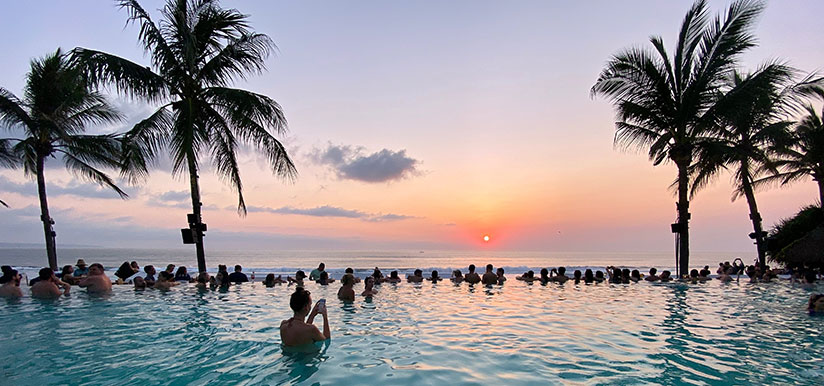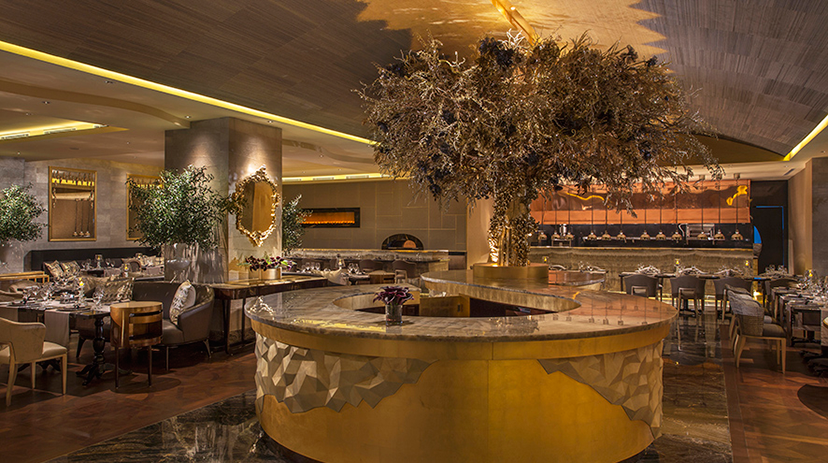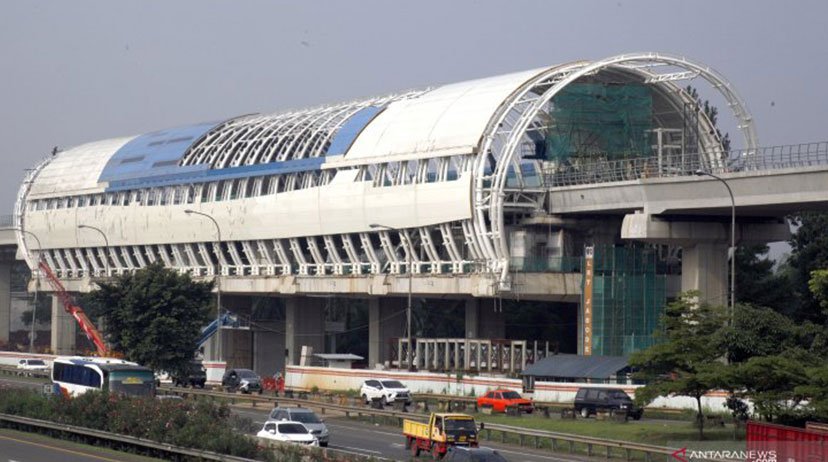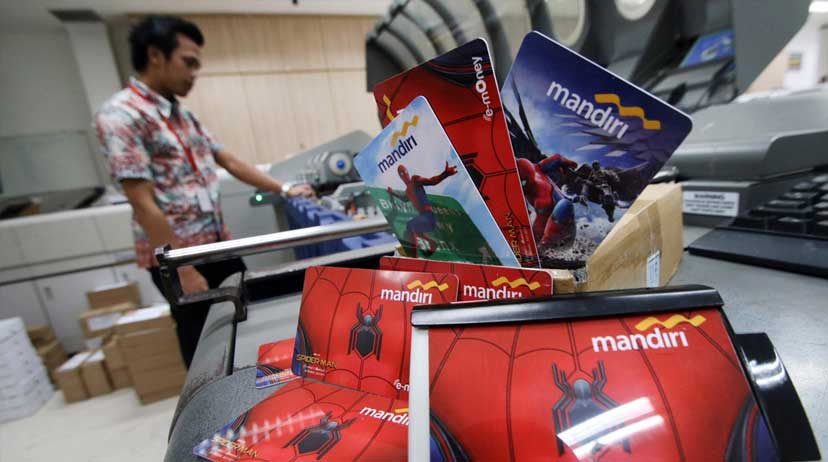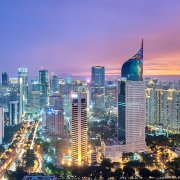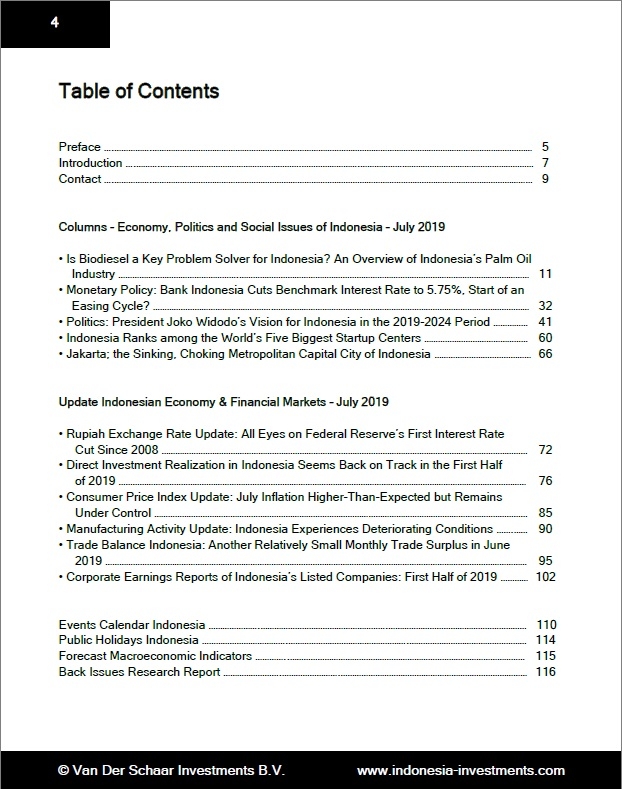Indonesia Inflation – Lowest for two decades
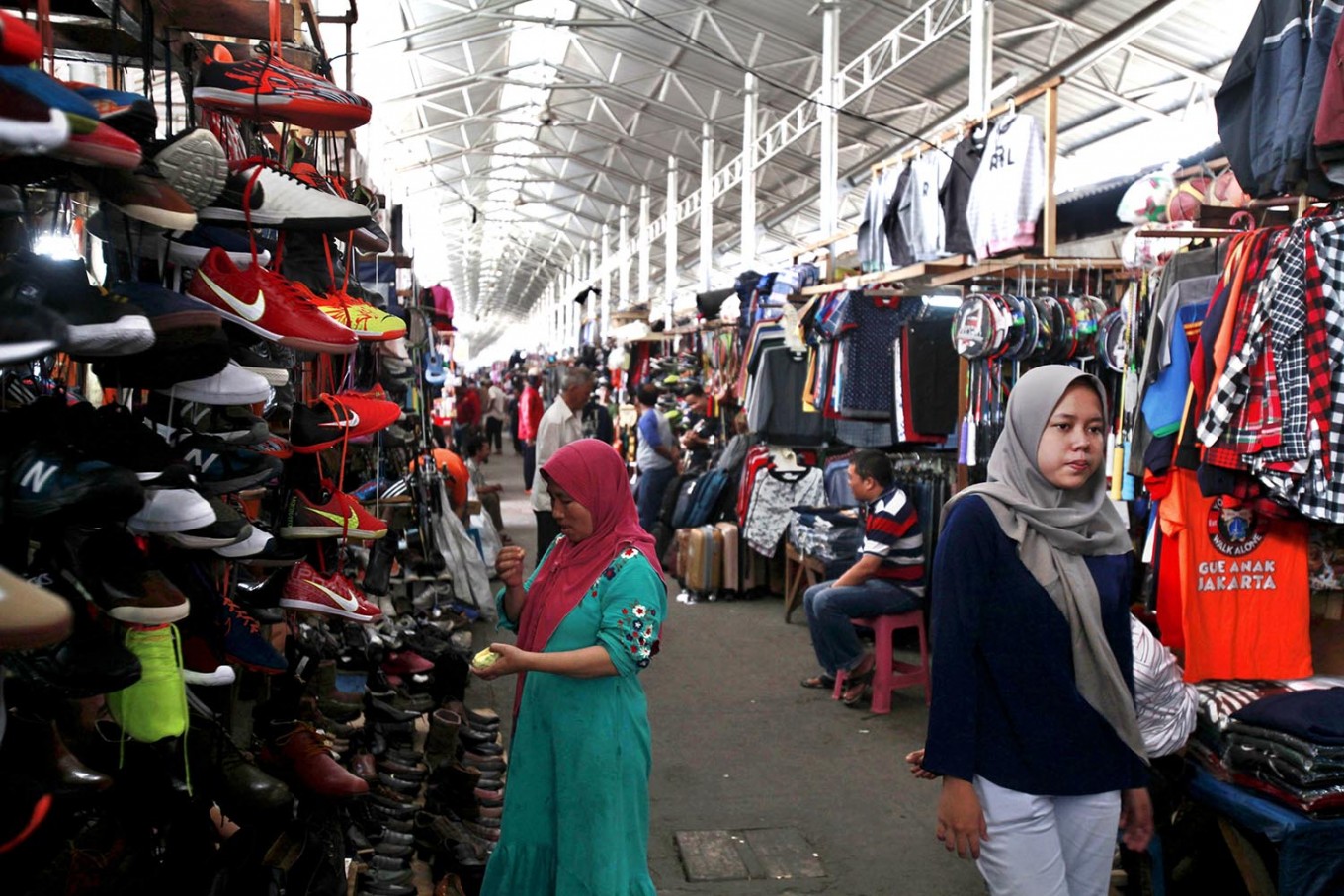
Indonesia recorded inflation of 2.72 percent in 2019, the lowest level in around two decades, thanks to lower inflationary pressure from government-regulated prices, Statistics Indonesia (BPS) announced on Monday.
The figure is far lower than the government’s 3.5 percent target as stated in the 2019 state budget and is within Bank Indonesia’s target of between 2.5 and 4.5 percent.
The 2019 inflation is the lowest since 2012 when the agency began recording the movement of the consumer price index (CPI) using the current method of 82 cities, said BPS head Suhariyanto. On a longer time frame, last year’s inflation is the lowest since 1999 when the CPI increased by 2.13 percent.
Core inflation reached 3.02 percent last year, slightly lower than 3.07 percent inflation booked in 2018. Administered prices recorded 0.51 percent inflation, drastically lower than 3.36 percent in 2018.
Volatile food inflation stood at 4.3 percent, higher than 3.39 percent a year before.
“In 2019, the 2.72 percent inflation was [caused] by the relatively controlled prices due to the government policies. The administered prices did not make a big contribution [to the headline inflation] because there were no significant policies in 2019 compared to 2018,” said Suhariyanto in Jakarta.
The country’s inflation stood at 3.13 percent in 2018.
The primary commodities that drove inflation last year were gold and red chili, which contributed 0.16 percent and 0.15 percent to inflation last year, respectively. Housing rental rates and shallots have contributed 0.1 percent each to last year’s inflation.
The inflation movers contrast with those of 2018, when they included gasoline, rice and filtered clove cigarettes.
Suhariyanto added that the higher administered prices inflation in 2018 was caused by the government’s policy to increase fuel prices as well as a sharp increase in airfares.
In December alone, inflation was booked at 0.34 percent, primarily driven by price increases in foodstuffs and airline tariffs in line with increased demand during the year-end holiday season.
Source: https://www.thejakartapost.com/





